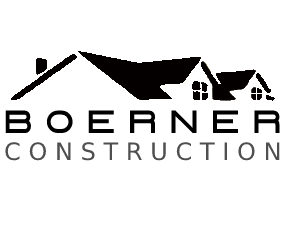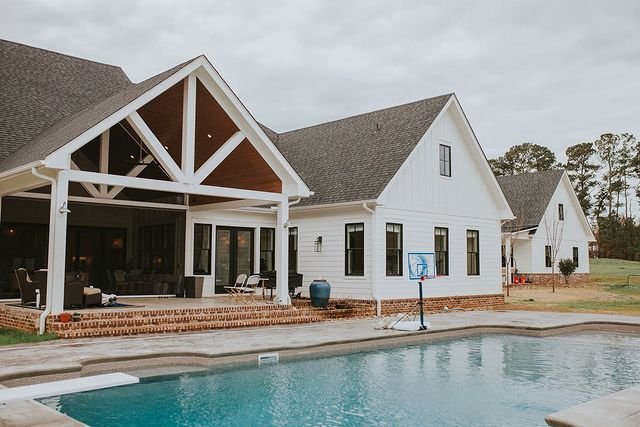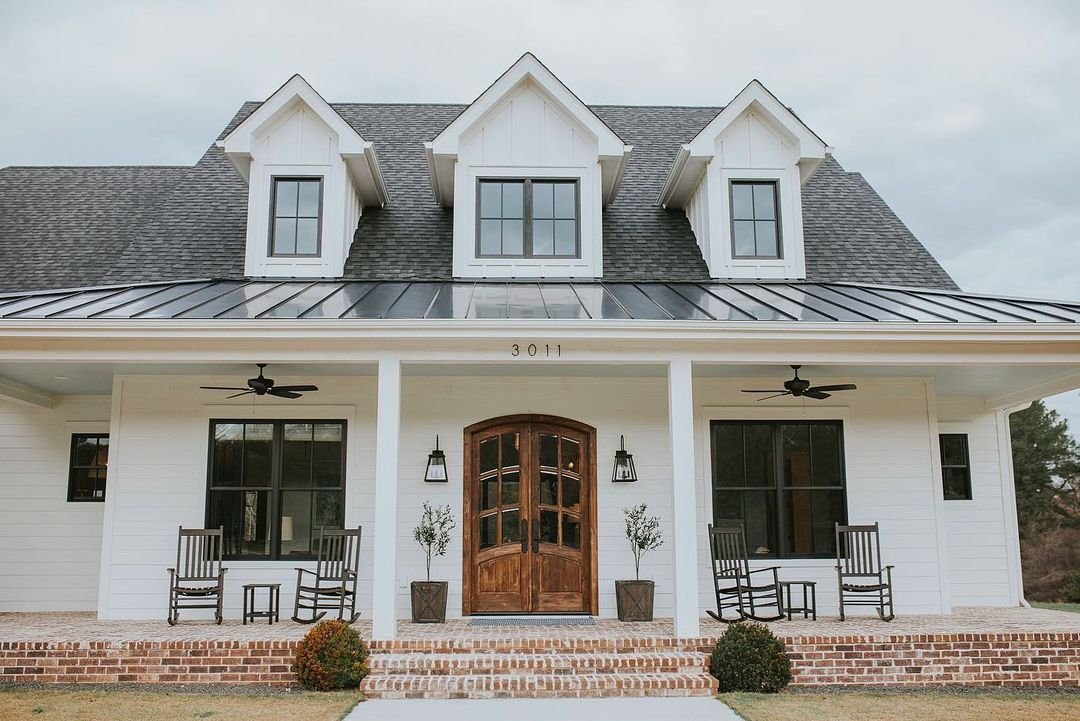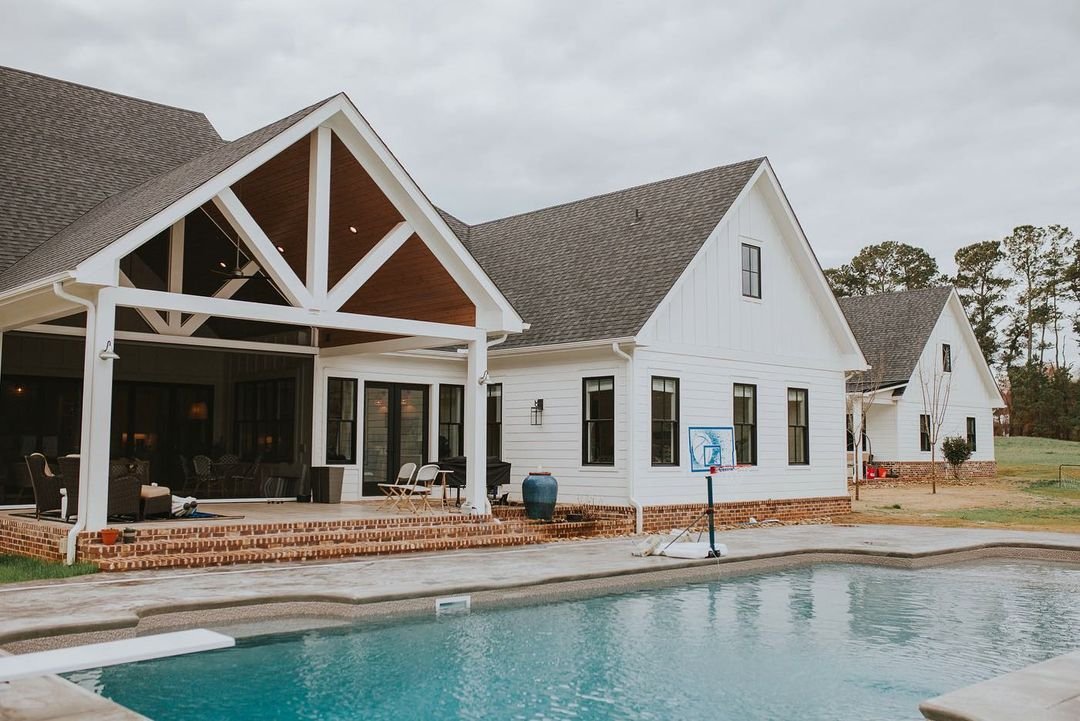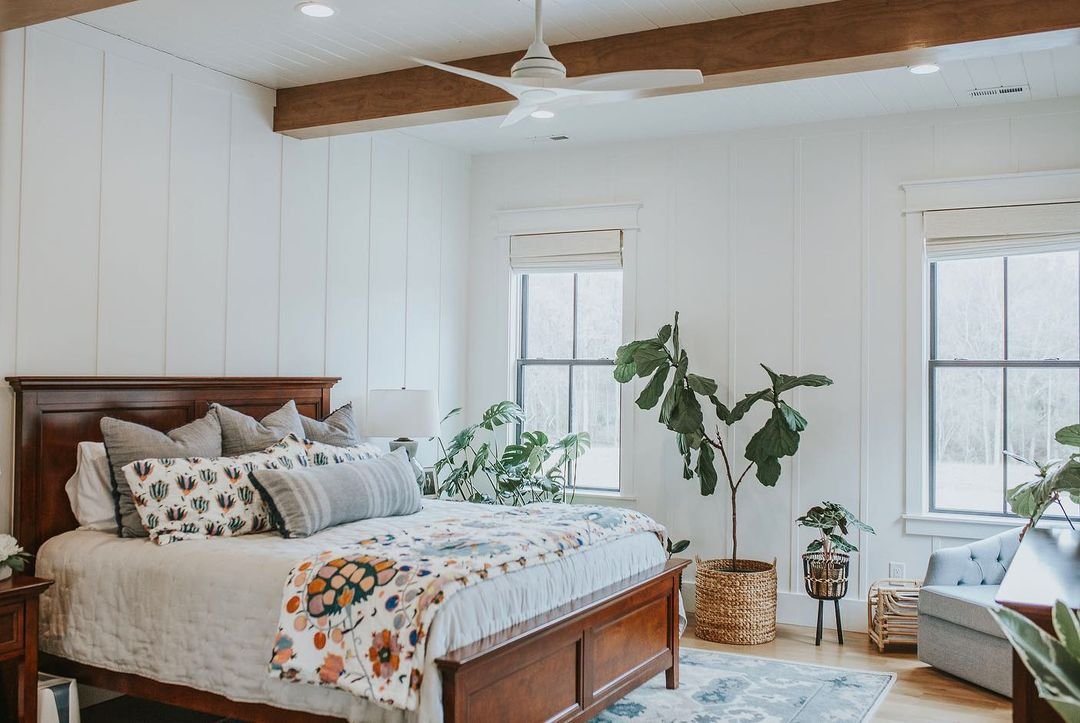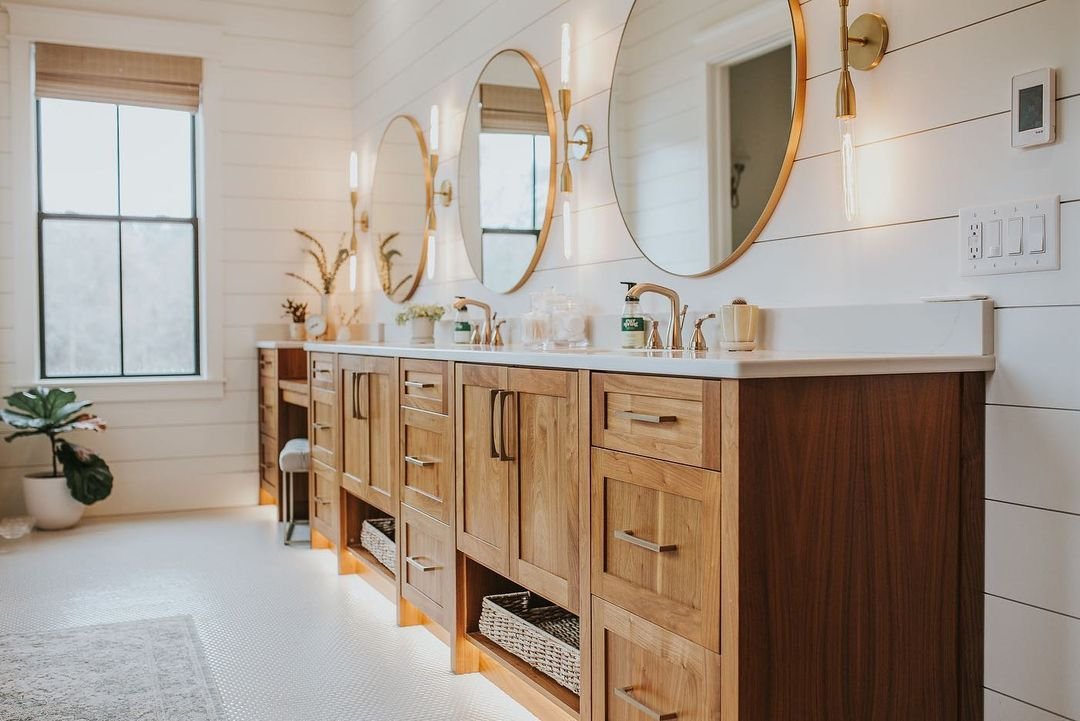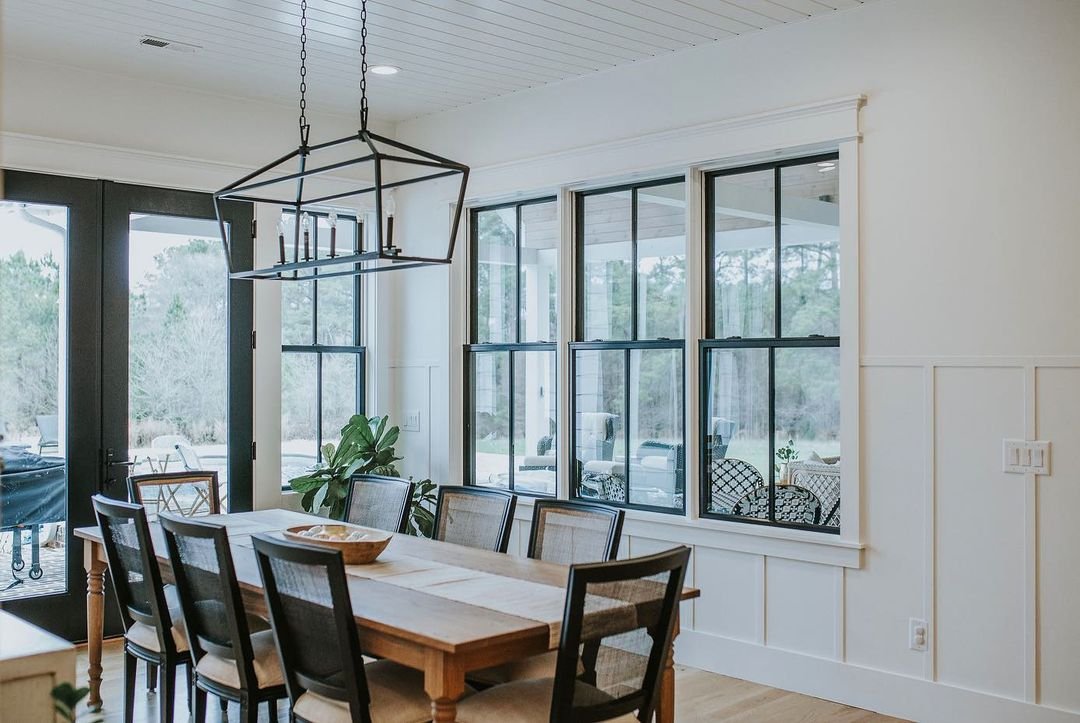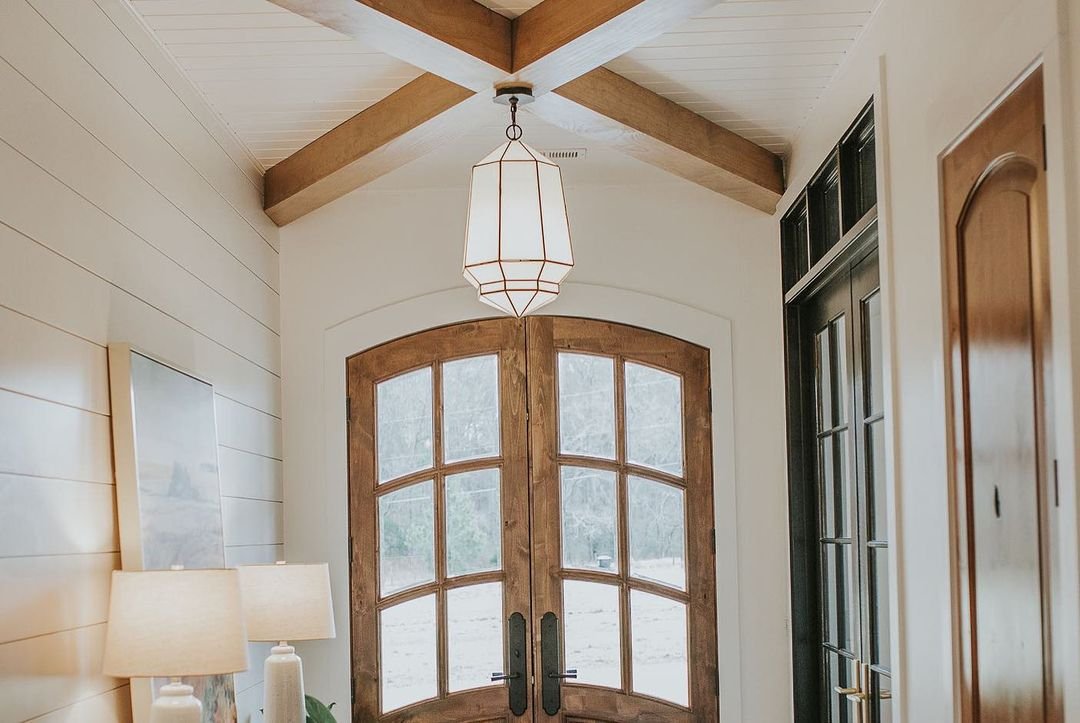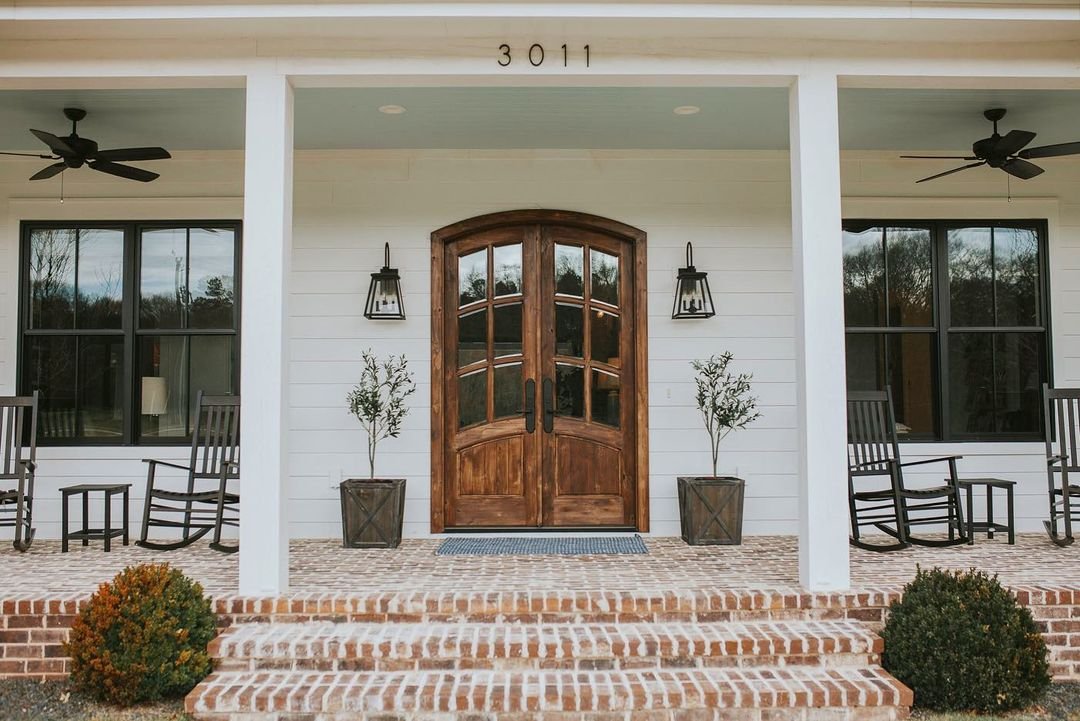Complete Guide to Hiring a Custom Home Builder
So you’re ready to build your custom home and want to know how to hire a home builder? Boerner Construction gives you the Complete Guide to Hiring a Custom Home Builder. We’ll help you find the best custom home builder in your state by showing you how to search, vet, and hire the perfect person for your home. We clarify the role of a custom home builder, point out red flags to look out for and avoid, and give you an in-depth guide for finding the best builder for you.
How to Find and Hire the Right Custom Home Builder: Step-By-Step
Identify Your Budget
To start, figure out how much money you can safely invest in a custom home build. Custom home building projects require two sets of loans:
1) a construction loan and
2) a mortgage loan.
Use a construction loan calculator to estimate the costs of your construction payments, keeping in mind that those payments will increase over the course of the construction with the initial interest payment on the construction loan being smaller, and the last interest payment on the construction loan being the largest. Once the construction is completed (12-18 months), your construction loan will roll into a typical mortgage loan with a principal and interest payment that can be fixed.
Note: As you budget it is helpful to consider ‘where should I live during my home build?’ To budget accurately, learn about construction loans in 2023 and use an affordability calculator to determine: how much house can I afford?
Need a Construction Loan Calculator?
2. Decide on a Desired Location
You know you want to build a house, but where will you put it? Typically this begins with choosing a country, state, and area/city in which you want to live. This decision includes many factors like proximity to family, stage of life, school systems, transportation needs, desired weather, cost of land, and the potential value of your new custom home in the future. Once you’ve settled on where you’d like to build, you’re ready to search for land.
You’ll want to know the lay of the land; the area, the soil and surface type, the proximity of neighbors, trees, power lines, underground pipes, and whether it’s accessible by trucks, diggers, and so on. All of these factors influence how your house will be built, and how much it will cost. The location you choose for your land may also play a role in determining what style and layout you’re allowed to choose for your home.
Looking for Land to Buy?
3. Choose an Architectural Style and Home Layout
What’s your architectural style? Explore residential architectural styles like Farmhouse, Craftsman, Cape Cod, Colonial, Art Deco, Bungalow, and more. Then, choose an architectural style that is in-line with the neighborhood where you’d like to build. Each style has a unique home layout as well, so take your lifestyle into account. If you have children, you’ll need rooms for them. If you entertain guests frequently or have specific hobbies, you’ll want your home layout to include the specific spaces to support your interests. Think, a nursery for the baby, an art studio, a guest room or two. One story… or a few? Some of these questions answer themselves as you explore custom home architectural styles.
Verify a Custom Home Builder is Licensed in South Carolina
4. Compile a List of Local Custom Home Builders and Verify That They are Licensed
The next step is compiling a short list of local custom home builders who have a portfolio of houses built in your preferred architectural style. How? Though it may seem obvious, Google is the most trustworthy search engine in the world to help you find a builder to build a house. You’ll start by simply searching for “custom home builders + location.” For example, many of the clients we work with find Boerner Construction by making a simple Google search for “custom home builders in Upstate SC.”
Once you arrive at Google’s search engine results page, start by clicking on five to ten custom home builder websites that build in your location. Make a list of the custom home builders whose pricing and architectural style you like. Search for custom builders with excellent 5 star reviews and read what other people had to say about their custom home building process, and additional services like interior design, landscaping design, and available custom home features. Using Google allows you to quickly rule out poorly reviewed builders, and gather a pool of excellent choices from which to make your selection.
5. Whittle Down Your Custom Home Builders List to One
With your list of local custom home builders in hand, begin to whittle down your options. Start by verifying that these custom home builders are licensed. It goes without saying that you should eliminate unlicensed custom home builders. You can verify that your custom home builder is licensed through an online portal provided by the office of your Secretary of State (or if you prefer to physically visit your local building department, they will also have licensed builder verification records). To find online verification through your office of Secretary of State simply do a Google search and type-in: verify a custom home builder is licensed + state.
Next, with the remaining custom home builders on your list, ask family, friends and realtors about any dealings they’ve had with these contractors. Word-of-mouth is a powerful way to verify online reviews, and capture hidden insights from those who’ve already built or sold a custom home. Another impactful form of word-of-mouth reviews are community forums, industry awards, and local service awards. As you observe good things about each custom home builder, you’ll start to whittle down the ideal home builder for you.
Some standard questions to ask a custom home builder candidate:
1) ask for a portfolio of projects they’ve worked on—paying attention to the quality of work that has been done.
2) ask the builder for client references, as they will give you an idea of what your experience working with the builder would be like.
3) ask the builder for a bid i.e. the estimated cost of the build that already takes materials and subcontractors into account.
6. Interview Candidates and Select a Custom Home Builder
Empowered by your research, narrow down your custom home builders list to 2-3 candidates, and schedule interviews with each one. By this stage you should have:
a) identified your budget
b) purchased land (or discerned the area where you will purchase land)
c) decided on an architectural style for your home with ideas for a home layout
d) verified the custom home builder is licensed
Arrive at your meeting with a specific list of questions to ask the custom home builder. A good potential builder will be more than ready to supply you with the things you’re looking for. Questions should cover cost, project supervision, estimated timeline, and how the builder plans to address unforeseen situations that might warrant a change in plans or budget—to name a few. If you don’t know what to ask, don’t worry, here’s a list of the important question to ask a custom home builder.
Important Questions to Ask a Custom Home Builder Before Hiring
when should you hire a custom home builder?
The decision to hire a custom home builder should happen early in the custom home building process, as soon as you’ve determined your budget, picked (or purchased) land in a specific location, and have a sense of what architectural style you like. Your builder will help you start the design process, set an appropriate budget, and layout a realistic timeline for completion of your custom home. In many cases, a custom home builder also has resources to guide you in the purchase of land, hiring of architects, selection of construction loan lenders, and interior designers. Bottom line: once you’re financially ready to build a custom home, hire a custom home builder before you hire an architect, subcontractors, and interior designers.
what is a custom home builder?
Custom home builders are there to manage the home build and make sure that the homeowner’s to-be have their dream home fulfilled. These builders ensure that everything is happening legally by filling out the right forms, meeting the right standards, and following building codes to a T. As the to-be homeowner, you’ll look to your builder for support, knowledge, and advocacy. From start to finish, your builder will be there to confirm that everything is being done above board. They’ll also keep an eye on the budget and the time frame and advise you when the plan needs to be adjusted. Once the home is completed, the builder will inspect it for any faults and service the warranty whenever necessary. As soon as everything has been settled, they’ll leave you to enjoy your new sanctuary!
Looking for a custom home builder in Upstate SC?
“My custom lake house is gorgeous and way beyond my expectations. Kyle Boerner made the entire process a pleasure (does anybody ever say that during a home building experience?!?). Kyle was very informative on each build process, he is excellent and scheduling his sub contractors so there is always progress, he accommodated my changes without hesitation, and he is very personable. I will use Boerner Construction if I ever build another home!”
